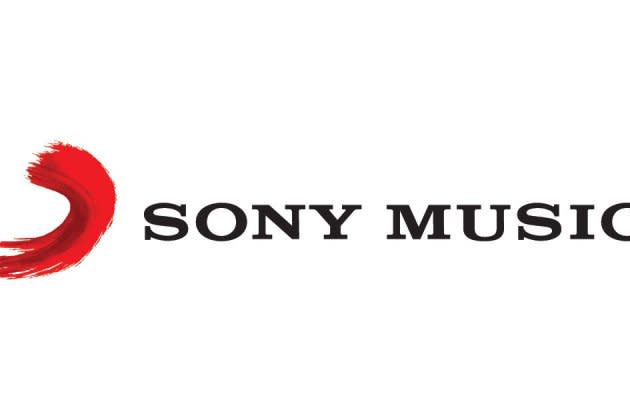Sony Music Breaks From Exclusive China Licensing Agreement to Sign with Both Tencent and NetEase

Sony Music Entertainment (SME) said Monday that it has signed both a new direct China digital distribution deal with NetEase Cloud Music and a multi-year extension of its existing agreement with Tencent Music Entertainment (TME).
Sony’s NetEase deal is the latest to shift power away from TME in China’s streaming industry and make the space slightly more competitive. It comes amidst a government antitrust probe of TME and its parent company Tencent Group. TME announced its quarterly results on Monday and acknowledged that regulators are taking a growing interest in its business.
More from Variety
For years, TME elbowed out competitors with exclusive digital distribution contracts with the three major labels, Universal, Warner and Sony. It would then sub-license those catalogues out to competitors like NetEase — often for double or triple the original price.
The arrangement provoked a 2018 antitrust investigation of Tencent, which resulted in a commitment from the firm to drop some of its exclusive contracts at the end of their three-year duration. The probe was suspended in 2019.
Last May, NetEase signed a strategic partnership with Warner Chappell Music to access the lyrics to the latter’s catalogue of songs. Last August, NetEase managed to sign a direct licensing agreement with Universal Music Group (UMG), signaling the first shake-up of the major labels’ previous one-and-done approach to the Chinese market.
TME’s only other serious music streaming rival, Xiami Music, shuttered in February.
The new antitrust investigation of Tencent currently underway hones in on TME in particular, Reuters said, and will likely result in a fine of at least $1.54 billion (RMB10 billion). TME may be forced to give up even more of its exclusive music rights contracts, and potentially sell off its music apps Kuwo and Kugou.
“China is one of the most dynamic music markets in the world,” said Dennis Kooker, president of SME’s Global Digital Business and U.S. Sales, stating that Sony is seeking to maximize the reach its artists in the “vitally important” territory.
With the two deals, Sony hopes to “develop innovative approaches for [talent]… to connect with fans locally” in the mainland and “increase [its] level of global investment” in its artists, he added.
On the China side, TME executive chairman Cussion Pang said that “extending our cooperation with SME was a natural next-step for us.” In March, TME renewed its multi-year licensing deal with Warner Music.
Tencent hopes to explore new music marketing tactics and work with Sony to “deepen our reach to Japanese pop culture fans in China,” in particular.
SME music is currently available via TME’s platforms such as top streamers QQ Music, Kugou Music, Kuwo Music and online Karaoke platform WeSing. Additionally, it will now be available on certain connected devices such as smart speakers, TVS and in-car audio systems.
“Looking ahead, we hope to boost the digital consumption of music in China through the connected IoT device market while exploring more possibilities for music marketing,” explained T.C. Pan, TME’s vice president of content cooperation.
On Monday, TME beat quarterly profit estimates, thanks mostly to a rise in subscription revenues and ad sales on its music streaming platforms. Paying subscribers to is online music services grew 42.6% year-on-year to 60.9 million.
Meanwhile, SME and NetEase will engage in “in-depth cooperation” in areas such as music distribution, music streaming services, online karaoke, and music vlogs.
Ding Bo, Vice President of NetEase Cloud Music, said that the deal will enrich his platform’s expanding library of titles and “propel China’s online music ecosystem forward.”
Best of Variety
Sign up for Variety’s Newsletter. For the latest news, follow us on Facebook, Twitter, and Instagram.

